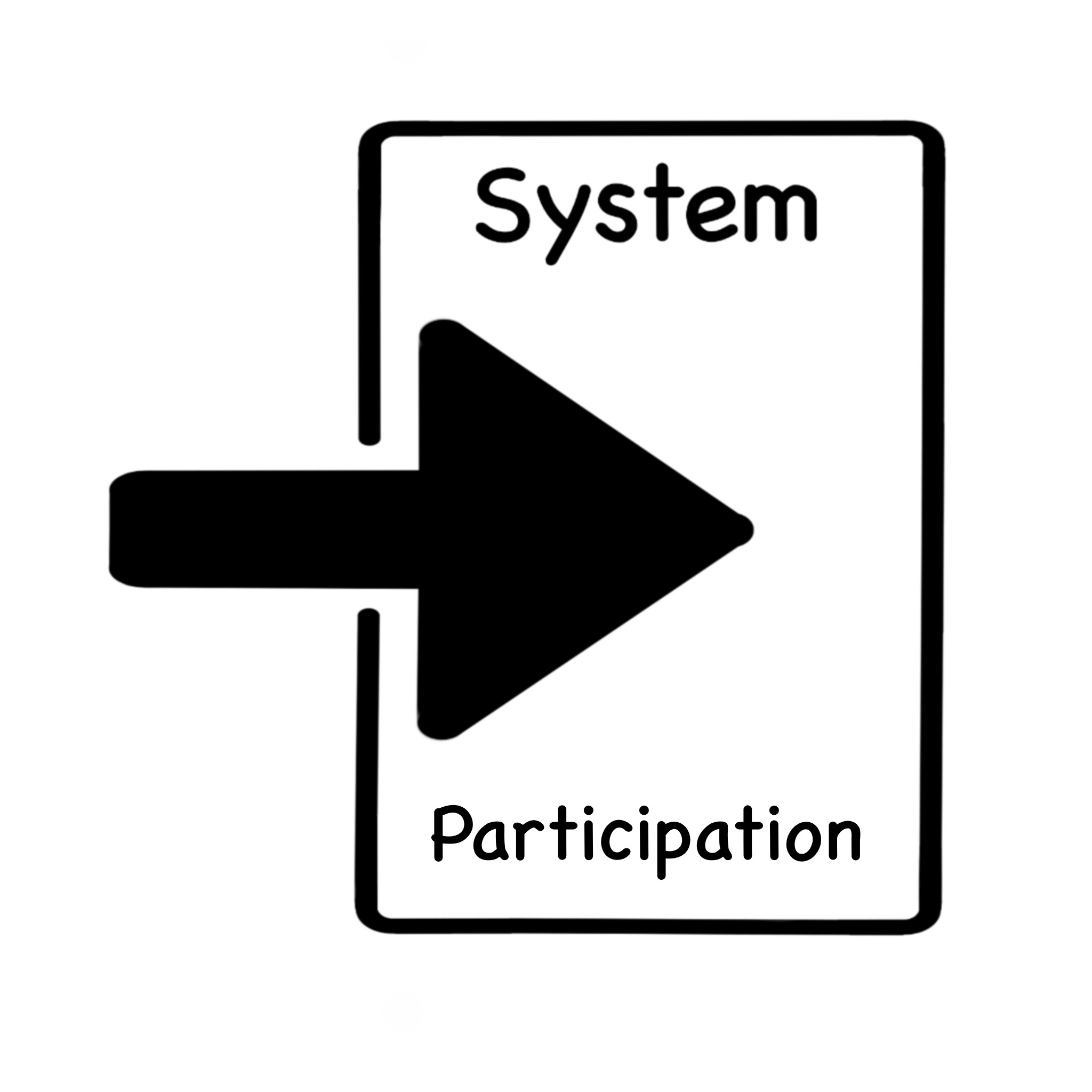
Battery Act (BattG)
Information about the Battery
The Battery Act (BattG) is the German implementation of the European Battery Guidance, which regulates the putting on the market, the recycling and the environmentally sound disposal of batteries and accumulators. The BattG applies only to Germany. Each EU country has its own battery legislation.
The Product
The regulation applies to non-rechargeable batteries (primary batteries) and rechargeable batteries (secondary batteries, accumulators), regardless of whether they are built into devices or not. Batteries are classified into three categories: industrial batteries (for commercial and agricultural purposes, as well as the drive battery of electric and hybrid vehicles), vehicle batteries (for ignition, starting, and lighting of vehicles), and device batteries (enclosed batteries that can be handheld, excluding vehicle and industrial batteries).
Who is Obligated?
As producer, companies that commercially introduce batteries or accumulators into circulation in Germany (sell, lease, rent, give away, etc.) or offer them for sale are considered producers. This includes not only production but also importation, the use of a proprietary brand, as well as the intentional or negligent distribution of unregistered batteries.
Obligations
Producer, importers, and possibly foreign providers must first register with the Battery Register of the Stiftung ear for all battery brands and classes before they can offer or introduce corresponding batteries or accumulators for the first time in Germany. For all three battery classes, producer as first introducers must ensure the return and proper disposal of corresponding old batteries from distributors and end-users. For device batteries, nationwide take-back must be ensured by connecting to a nationwide return system. It is not sufficient for old batteries and accumulators to be only taken back and disposed of by themselves. When selling vehicle batteries, resellers must collect a deposit that will be refunded upon the return of a corresponding old battery.
Violation
Producer, importers, and dealers who violate the Battery Act expose themselves to the risk of various criminal sanctions. Administrative fines of up to EUR 100.000 and other sanctions such as the confiscation of profits are possible at the administrative level. Private law consequences include warnings from competitors and possible damage claims. In general, a sales ban may be imposed until compliance with the Battery Act is established.
Our Service
ECOPV-EU provides professional support in compliance within the framework of German law and can take over the complete registration and compliance of the batteries you plan to put on the market. Our BattG service includes all the relevant aspects. As well as submitting the quantities declaration to ECOPV-EU, you can take it easy and let us get to work for you.

Specific requirements for manufacturers acc. to BattG

Registrations
Just like with electronic devices, there is a registration requirement for batteries, which is done through the Stiftung ear. Batteries are categorized here according to battery type and the respective chemical system of the batteries.

Additionally
Additionally, another registration is required for a proprietary take-back system. This ensures a fair cost distribution for the collection, sorting, and treatment of used batteries, which are taken back nationwide based on the input quantity.

Quantity reports
Depending on the selected battery take-back system and your own products, the quantities placed on the market are requested monthly, quarterly or simply annually.
The german battery law (BattG)
Easy
Fast
Save
FAQs
Who is subject to the Battery Act?
In Germany, the Battery Act applies to all parties that put batteries on the market up to the entry into force of the new EU Battery Regulation.
Where do you have to register the sale of batteries?
Before a producer or his authorized representative places batteries on the market as a stand-alone product or as part of another product, he must register at Stiftung ear.
Are retailers in Germany obliged to take back used batteries or rechargeable batteries in their stores?
Distributors (retailers) of batteries are obligated to take back used batteries free of chage from the end user. On the other hand, end users are legally obliged to hand in all used batteries to the battery distributors or the collection points of the municipal recycling centers / mobile hazardous waste collection points.
Why are batteries not allowed to be thrown away in household waste?
Batteries are often damaged in waste compactors and ignite explosively. There are no statistics on how often this happens. The industry assumes a double-digit number of fires per day
Contact
We look forward to your message

